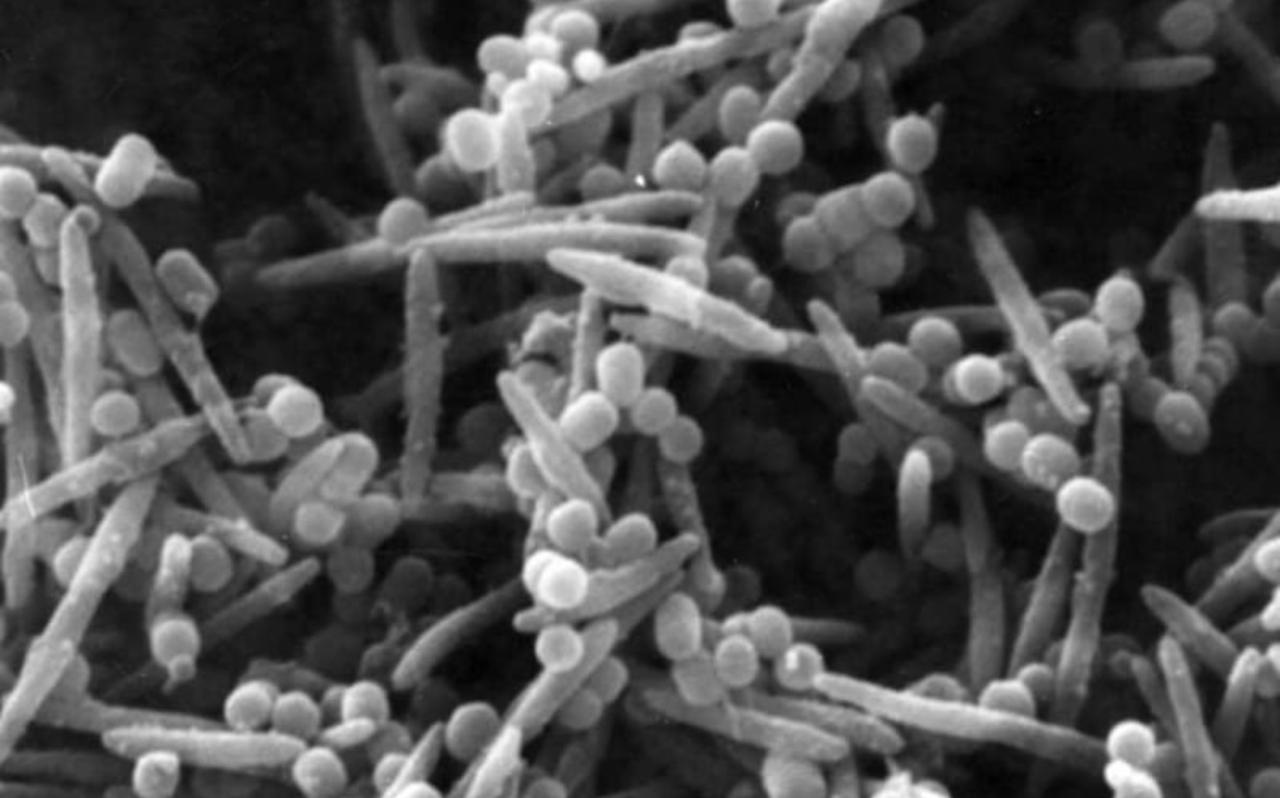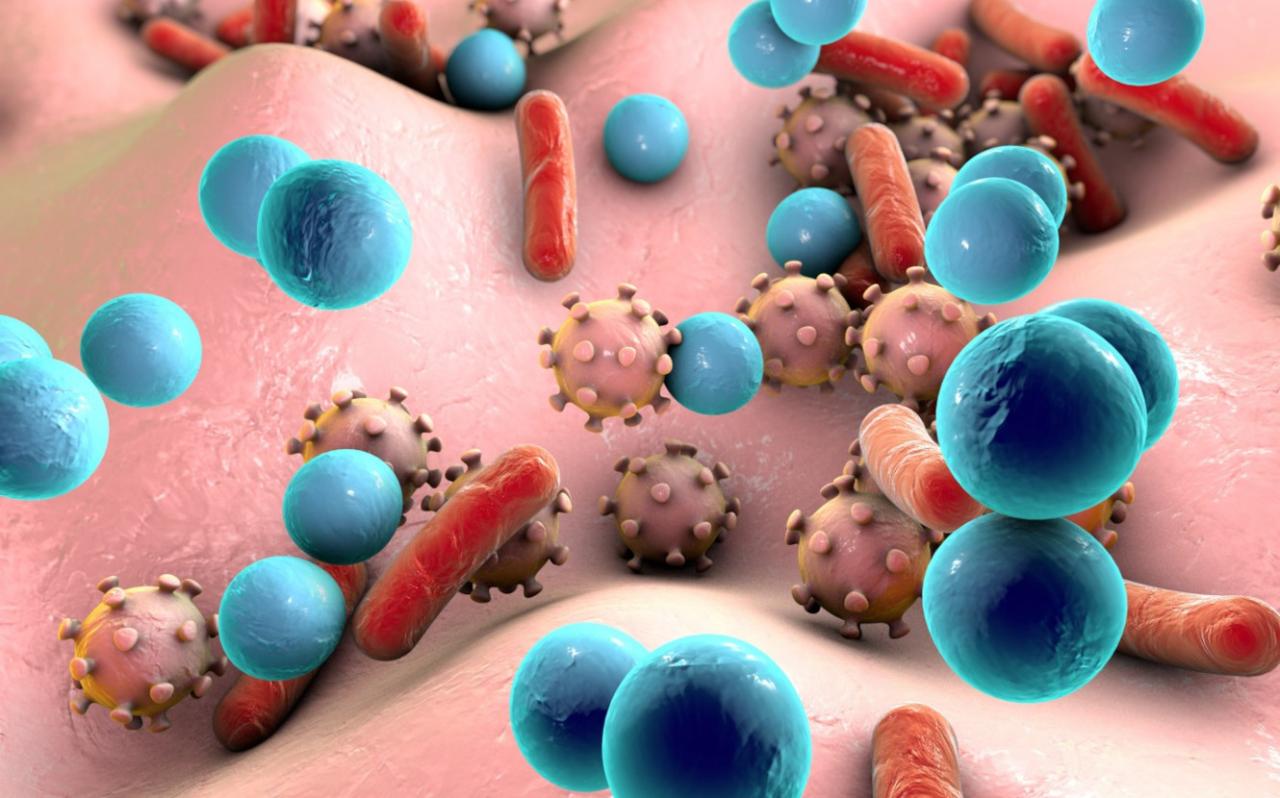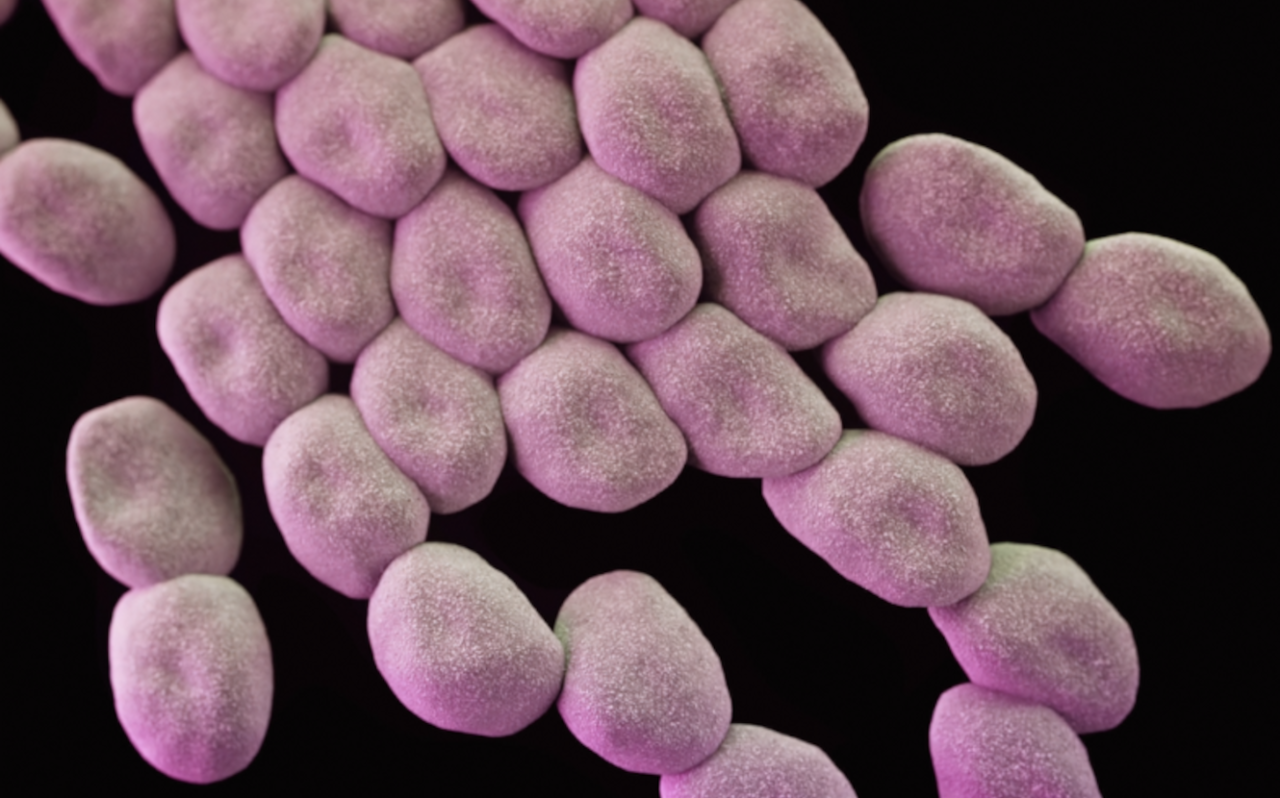
Know your dog’s gut bacteria: Fusobacterium

Learn about the bacteria that live in your dog’s body!
Know your dog’s gut bacteria: Fusobacterium
Fusobacterium is a relic of your dog’s meat-eating ancestors. The bacteria in this phylum thrive on diets rich in raw meat and are found in wolves and other carnivores such as cats and jackals ) is also common in the internal organs. The name of this phylum refers to the elongated spindle shape of bacteria (“fusus” in Latin). Although individual members of this group have been identified for more than 100 years, they have only been grouped together due to the use of DNA sequencing over the past 30 years.
Fusobacterium is common in the mouths of dogs and humans, and they are considered benign. In humans, Fusobacterium has also been linked to intestinal disorders. In dogs, the situation is different and more complicated. Studies have shown that Fusobacterium has an important role in a dog’s gut, but high levels in this group may prevent the growth of other beneficial bacteria and exert their role in keeping dogs healthy.
Quick Facts:
- Fusobacterium is associated with healthy dogs, and its numbers tend to decline in dogs with intestinal disorders.
- At least one member of this phylum, Fusobacterium varianga, breaks down proteins in food and produces molecules that are important to the body.
- Other members of the phylum, particularly Fusobacterium dead and Fusobacterium-born, have been found to be common in overweight dogs.
Fusobacterium feeds on meat. Dietary fiber promotes the growth of other beneficial bacteria and guarantees that the gut is balanced, and that the phylum does not overstretch at the expense of other bacteria that contribute to your dog’s health.
Rich in a variety of digestible proteins, dietary fiber, and other nutrients, Stay’s unique recipe is specifically designed to feed different beneficial bacteria in your dog’s gut and maintain a healthy balance between the five common phyla.
Our biofeedback process and seasonal microbiome exams allow us to understand how nutrients affect this delicate balance, as well as the specific important bacteria in each phylum, and ensure that your dog’s food meets the needs of the beneficial bacteria in your gut.




